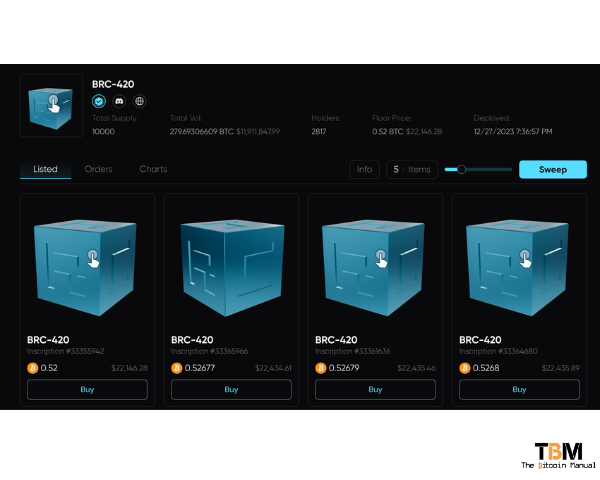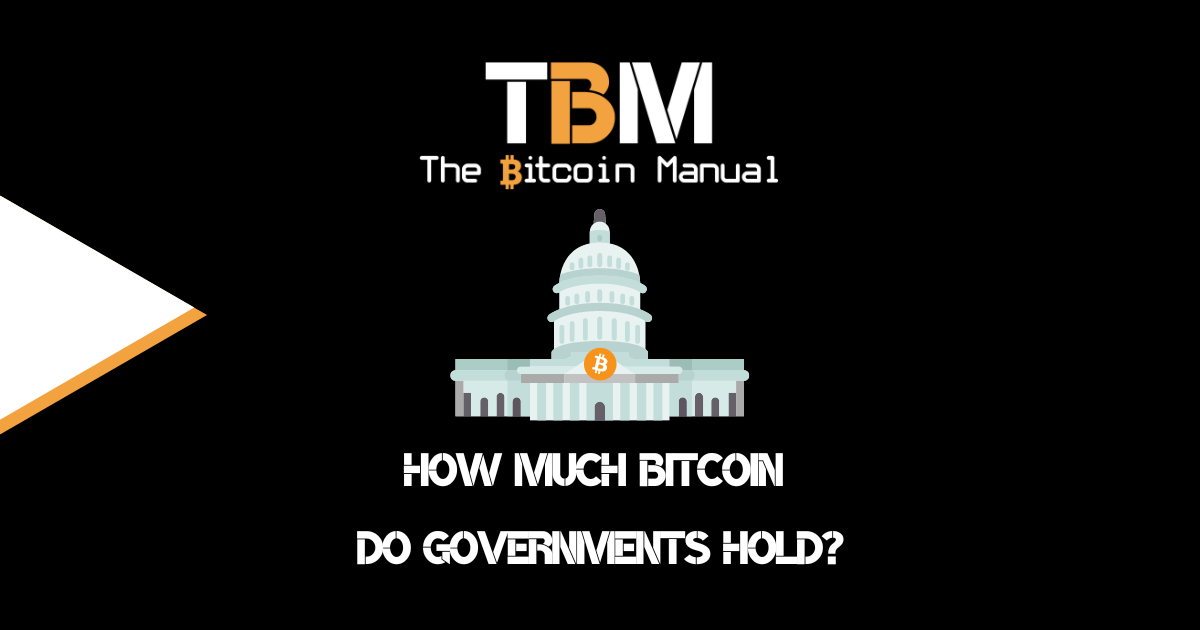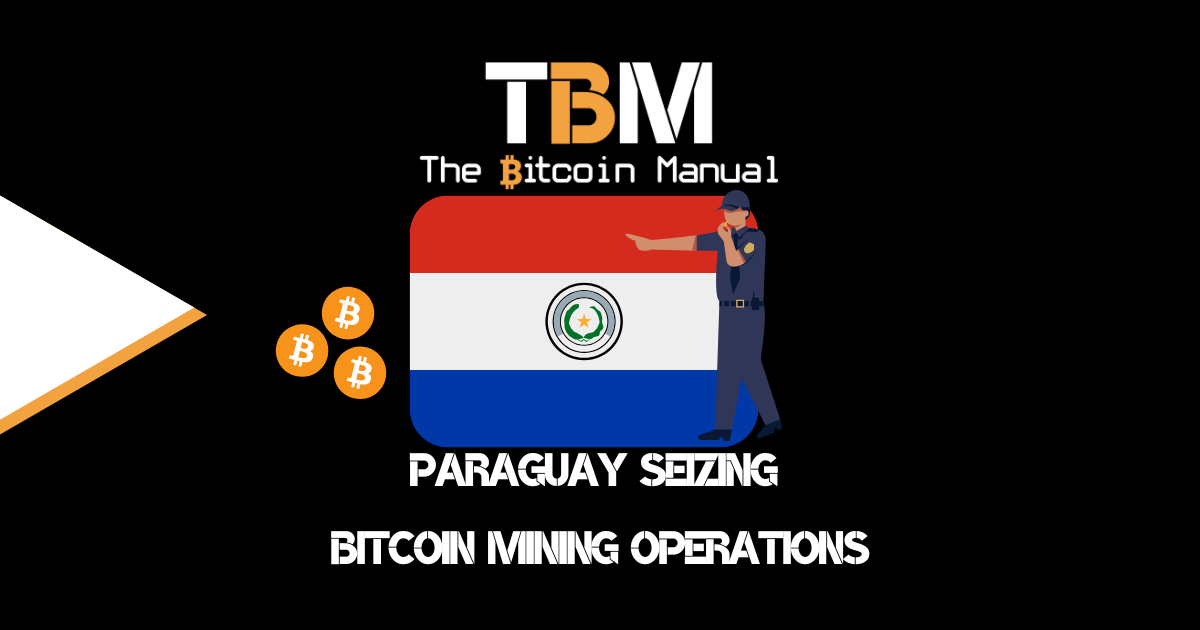Remember when Bitcoin was supposed to be about decentralisation, rebellion against the banks, and digital freedom? Yeah, those days are feeling further and further away as we venture deeper into the psychedelic undergrowth of Ordinals and Inscriptions.
2023 has been the year of blocks filled to the brim, and you’d think we’d all be happy to see more users transacting on Bitcoin, but sadly not; the rise of this new transaction type in Bitcoin began with embedding Monkey JPEGs Rock JPEGs and Dickbutt JPEGS into the blockchain.
Then, it migrated into creating a range of unregulated securities under the guise of fair minting with BRC-20 tokens and all its various iterations.
If that wasn’t enough to clog up the chain and marginalise the user looking for cheap block space to manage Lightning channels or self-custody, the grift continues with new narratives to drive more hype and avoid hitting a top.
If embedding easily reproducible and unforgettable images into block space or creating pump-and-dump tokens weren’t pointless enough, now, to add insult to digital injury, we have something called BRC-420 tokens, the metaphorical banana peels of this increasingly bizarre jungle.
Before we slip on these “dank” developments, let’s rewind.
Ordinals and Inscriptions, for the uninitiated, are essentially ways to shove data – memes, music, games, even entire websites – onto the Bitcoin blockchain. It’s like trying to fit a giraffe in a tutu. Sure, it might technically work, but the whole thing feels awkward, unnecessary, and frankly, a bit embarrassing.
Now, enter BRC-420 tokens.
These tokens are built on top of Recursive inscriptions to create a daisy-chain of files, which are linked together using Ordinals numbering, along with a little JSON script for good measure to try and make sense of what is stuffed on-chain. Essentially, what this does is create a meta-protocol lasagna so poorly layered it would make Gordon Ramsay weep as he proclaims that these developers are a bunch of idiot sandwiches.
And what do these tokens do, you ask? Well, not much, really. They’re essentially glorified digital swag you may or may not trade or use in some games and apps that may or may not exist in the future.
But here’s the kicker: these BRC-420 tokens claim to represent ownership of “metaverse real estate.” Yes, you read that right. They’re selling you metadata and pixels in a virtual world built on top of data crammed onto the Bitcoin blockchain. It’s like buying beachfront property on Mars – technically possible but utterly nonsensical.
What are BRC-420 tokens?
BRC-420 tokens is a protocol specifically designed for handling digital assets that require a bit more attributes than tokens or art NFTs. The first use of these assets comes in the form of Bitmap (formerly Recursiveverse). BRC-420 aims to define more complex asset formats through recursion, such as game items, animations and effects, or gameplay modules in metaverses
BRC-420 claims it will allow users to mint Inscriptions that can be used for gaming and, even more impressively, provide royalty claims and even modular blockchain services; I guess when you’re making it up as you go along, why ground your claims in anything remotely realistic?
If it doesn’t sound super impressive and revolutionary, how will the innovators and degens consider allocating capital to your scam?
The basic premise is you should purchase Bitcoin, which you could use to mint BRC-420 tokens or purchase them on secondary markets. Once you acquire these tokens, you can use your Ordinals wallet to interact with apps and games for whatever reason and resell them based on their popularity.
| key | required? | text |
|---|---|---|
| p | Yes | Protocol to comply with, recommended to fill in as “brc-420”. |
| name | Yes | Resource name, which serves as the identifier for the resource. |
| src | Yes | The source file of the resource that has already been uploaded to the chain, such as an image for 2D resources or a model for 3D resources. |
| srctype | Yes | The file format of the original resource, such as PNG, JPEG for image resources, or OBJ, FBX, GLB for model resources. |
| collection | No | Collection name. |
| serialnumber | No | Serial number within the collection. |
| description | No | Description related to the resource. |
| some key you want | No | You can, of course, add any custom attributes you like. The recommended key format is “custom_yourtypename.” Attributes without the “custom” keyword are either genesis attributes of the protocol or attributes related to subsequent community voting. |
Hasn’t the metaverse narrative failed already?
The Metaverse idea has already proved to be proverbial pie in the sky; while it was an exciting little story for the Zuck to shill during the pandemic, it has yet to amount to much.
On the crypto front, it will only take you a few minutes to search for Metaverse projects launched between 2020 and 2022 to find the graveyard of failed projects, mostly built on Ethereum. While some have limped on, they are wounded animals hoping for another injection of liquidity that will allow them to divest from their pre-mines and move on to the next cheap hot altcoin narrative.
If we have a look at the poster child for the great Decentraland in the sky, it’s not looking so hot, falling from well over 8000 sats a coin to well below 2000 sats. If we have a look at Dapp Radar, the Decentraland dapp has a pitful 1.42k active wallets over 30 days on both ETH and MATIC chains combined.

In 2022, Meta Platforms’ Reality Labs generated almost $2.2 billion in full-year revenue, making it one of the biggest metaverse players in the world. However, this segment generated an operating loss of $13.7 billion, meaning the company is spending way more money than it’s making.
Meta has near unlimited access to capital and resources, and even they couldn’t sell normies on their digital gulag, yet BRC-420 investors think that with a more inefficient database and a meta protocol, they will succeed where Silicon Valley has already failed and pivoted to LLMs and generative AI.
A troll that will take its toll on your wallet
The new meta protocol BRC-420 token, as you can tell from the name, is already a troll, another beaten-to-death meme that hasn’t been funny for a while and showcases the unimaginative nature of the space.
If you’re going to scam, at least come up with something new and compelling, geez.
Centralisation contradiction
The whole point of Bitcoin was decentralisation and verification through direct interaction with the chain and consensus rules, eliminating the need to trust anyone.
But BRC-420 tokens require you to trust.
Any user purchasing this type of metadata has to rely on arbitrary rules set by the ordinals protocol, centralised servers, sequencers extracting that data, wallets relying on sequencers and the underlying protocol, and marketplaces to function.
In addition, you now need to hope that a host of games and apps become successful, along with creating mechanisms that require the use of tokenised items, so they create demand for these BRC-420 tokens.
That is a lot of trust, assumptions and reliance on a third party for expected future value appreciation; it sounds like it passes the Howey test, doesn’t it?
If you still feel like it’s worth the risk, and your moon bags are one inscription away, go right ahead, but don’t say you weren’t warned that you are likely burning Bitcoin to have the privilege of building a sandcastle on top of a sinking ship.

Security shenanigans
Inscriptions had a simple use case before, but with these grandiose plans for block space spam, you bring security vulnerabilities into the stack. The more complicated these inscriptions become, the more you need to rely on a dedicated sequencer, someone who is going to withdraw all the data on-chain and make sense of it.
Since none of these services or users is particularly interested in being anti-fragile or running a node, relaying the data stuffed into the chain and writing to it will fall to this sequence to maintain order, providing a single attack vector or point of failure.
Smart contracts and tokenisation already exist on other chains and could be abstracted to other layers, while enforcing this with non-executable scripts on a chain requires intermediaries and adds another layer of complexity.
The Speculative Circus
Let’s be honest, these tokens are just another plaything for speculators hoping to get rich quick. The idea of “metaverse real estate” built on digital bananas is pure meme fodder, not a serious investment.
So, dear reader, before you ape into the BRC-420 hype, remember this: it’s a fool’s gold rush built on digital bananas. Stick to the core principles of Bitcoin – decentralisation, security, and (dare I say it) common sense. And let the Ordinals, Inscriptions, and BRC-420s fade into the meme-filled abyss they deserve.
While those interested in these types of speculative trading are facile when it comes to the limitations of what a blockchain can do, you don’t need to participate. Remember, there’s a whole world of fascinating Bitcoin developments out there, with advancements in layer two solutions and adoption for Bitcoin.
Let’s focus on those that align with Bitcoin’s original vision, not get bogged down in the digital monkey business.
Do your own research.
If you want to learn more about BRC-420 tokens, use this article as a jumping-off point and don’t trust what we say as the final say. Take the time to research, check out their official resources below or review other articles and videos tackling the topic.




